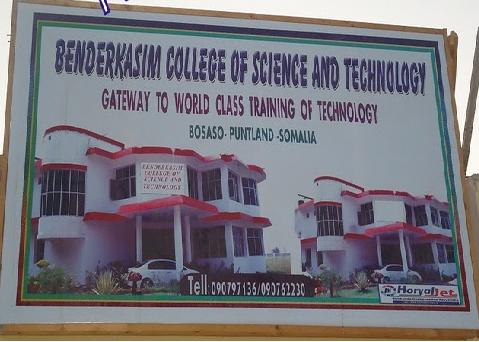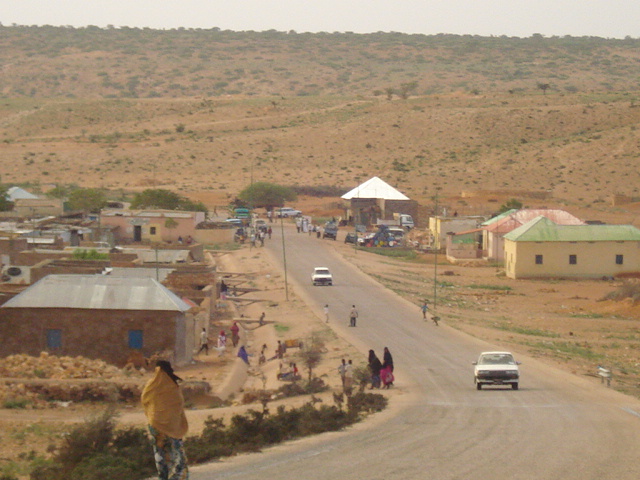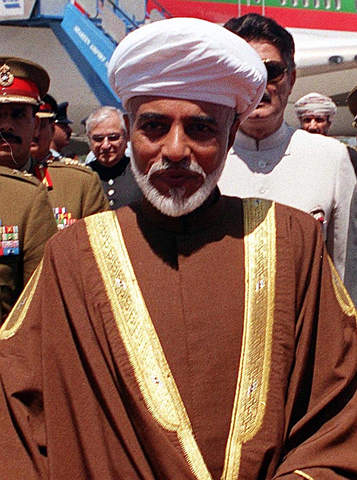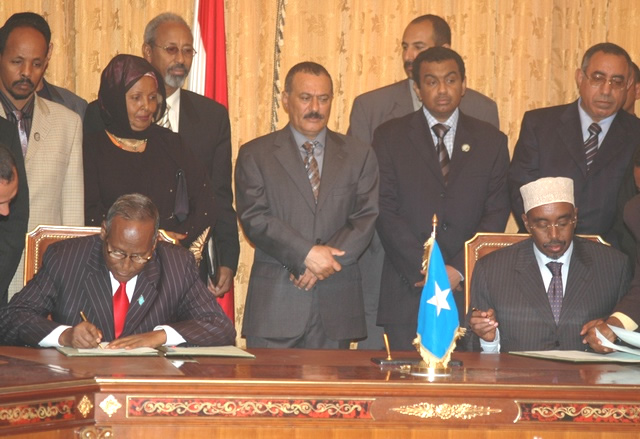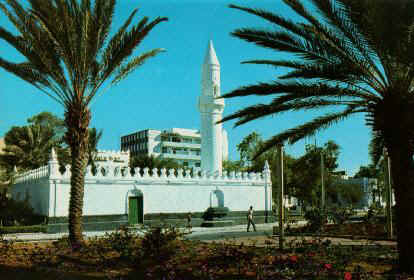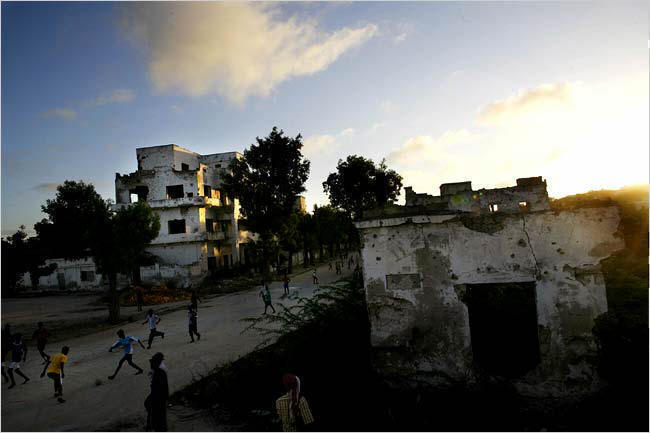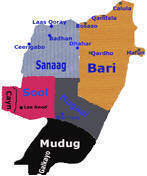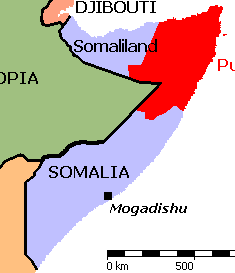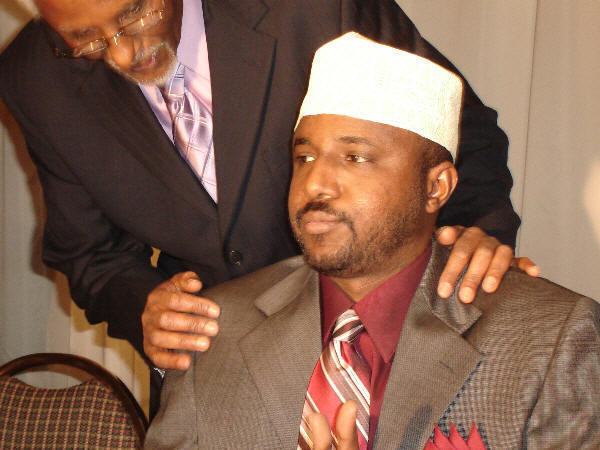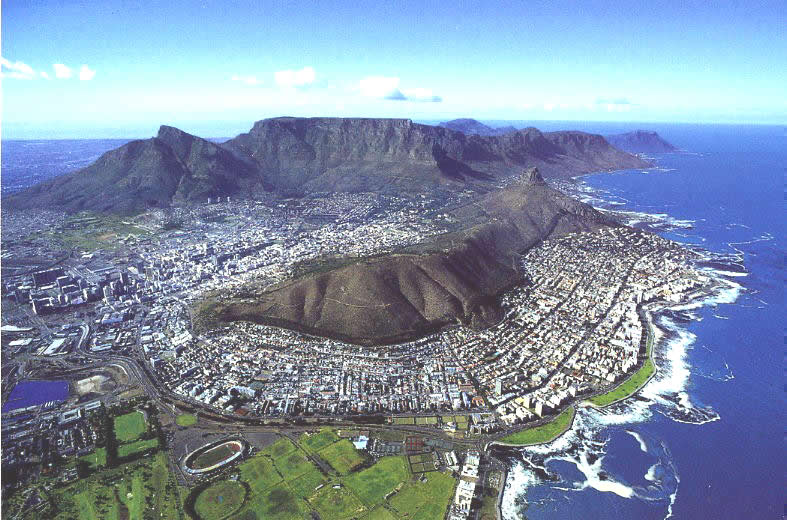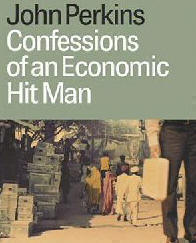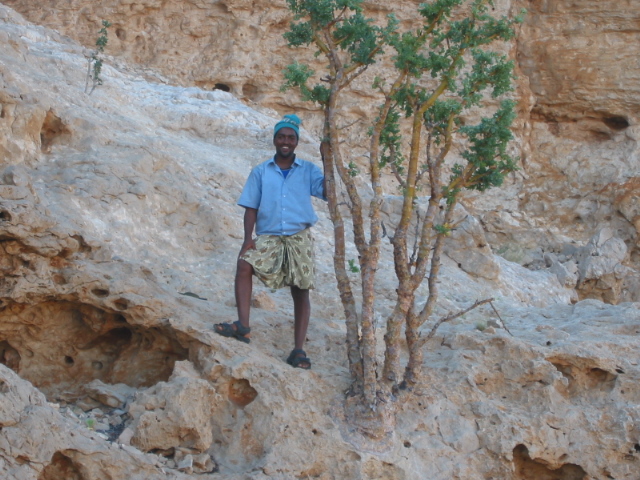
The Birth of Two Decades of Mayhem
Part V
February 01, 2011
Read Also: Part I & Part II & Part III & Part IV
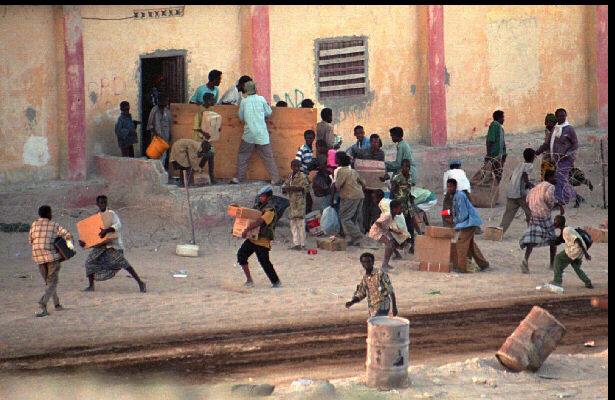
Somalis loot U.N. barracks near the
For the �Looma Ooyaan� residents of
Introduction: Since the collapse of the Siyaad Barre regime in 1991
The history of the emergence of these clan-based political and armed factions illustrates that factions mobilized their clansmen by utilizing clanism and what Roobdoon Forum refers as Islamic Liberation Theology.
Without a doubt, warlords had legitimacy issue in mind, when addressing to the public. In their speeches, the practice of referring to themselves as good-doers and their opponents as evil-doers was the norm. They trumpeted of themselves as saviours of Somali unity, nationalists, as well as religious men who realized the necessity to end Siyaad Barre`s dictatorial regime and thus willing to establish a new all-inclusive broad-based government.
Warlords preached moral codes that concerns all walks of life � from prohibition of Haram food and drinks to the preservation of unity and stability. At the same time, militias loyal to these warlords caused mayhem � haphazardly raping, pillaging, and murdering innocent civilians. When asked about their actions, these warlords put the blame on external factors, throwing the causes of their actions to the defunct Siyaad Barre regime.
As opposed to the 1990s wars, the current wars in
For the �Looma Ooyaan� residents of
Zooming into the 1990s interviews and statements, given by the spokespersons and leaders of Somali factions, enables us to prove that clan-animosity account of the Somali civil war has not been given the scholarly attention that its magnitude warrants, even after sixteen years of clan-warfare. This clan-animosity feeling can in fact be derived from faction joint communiqu� and statements; and therefore, posting selections of these public relation statements should be a matter of concern to all Somalis � particularly, to those who are in the field of Somali Studies.
After all, clan factionalism disguised in English acronyms (formed from three or four initial letters which include the sacrosanct letter �S�) are now facts of life for Somalis. The words and deeds of the turbulent faction followers have ordained to presuppose that faction spokespersons assumed a monumental role in fuelling clan-hatred. As a result of that, the Forum rushes in to investigate and share with you excerpts of faction communiqu�s, hoping to find solutions to the current tragic political situation in
Somali Faction Dismisses Need for Ceasefire Talks
January 07, 1992
A statement by warlord Mohamed Farah Aideed`s faction given to Reuters in
�Therefore, there is no point in meeting with Ali Mahdi,� said the document signed by a close aide to Aideed, Omar Ahmed Jees.
Up to 20,000 people have been killed and wounded since the latest round of fighting broke out on November 17.
James Jonah, the United Nations special envoy who visited
�There is no organised civil society left. In such conditions the life of man is nasty, brutish and short and in the 20th century this cannot be tolerated,� Jonah said on Monday.
The Aideed faction statement said it had called on the U.N. to help organise a national reconciliation conference.
Political analysts said the prospects of sending an international peace-keeping force had increased as a result of the U.N.`s failure to broker a ceasefire in
This option is expected to be discussed at a Horn of Africa summit in
General Aidid Interviewed on Mogadishu Plight
London BBC World Service in English
January 07, 1992, 1705 GMT
[From the �Focus on Africa� program]
[Text] This weekend, James Jonah, the UN special envoy, ventured into the war-torn Somali capital,
[Begin recording] [Aidid] I think a peaceful solution is near. Already, a plan of meeting has been fixed in the next edition.
[Biles] But the reality on the ground seems somewhat different because the fighting is going on, there is shelling and gunfire in the background even as we speak. You refused to have anything to do with your opponent, Mr. Ali Mahdi. Why do you rule out the idea of outside intervention, perhaps, the UN peacekeeping force coming in?
[Aidid] We do not see any solution to bring in these forces or foreign intervention forces in
[Biles] How much longer do you think it is going to go on then?
[Aidid] Inside USC problems, I think it would be a few weeks.
[Biles] Have you been into any of the hospitals yourself? Have you seen the result of this conflict, this carnage?
[Aidid] Yes, I have seen and I hope these killings will be stopped by those who are committing this crime.
[Biles] If you do not accept the presence of the UN peacekeeping force, would you accept some kind of outside intervention to allow humanitarian aid to be distributed?
[Aidid] We are asking the humanitarian aid to be distributed to the needy people. We have made a lot of appeals and we hope the international community will answer.
[Biles]
[Aidid] We are not receiving any ammunition or any arms from outside. We are using only the ammunition and the armament we have taken previously from Siad Barre regime. [end recording]
Interim President Ali Mahdi on UN Effort, Italian Role
July 09, 1993 P10
[Interview with Interim President Ali Mahdi Mohamed by Mauro Montali in
[Excerpt]
[Ali Mahdi] Let us say that
[Montali] You made an agreement with Mohamed Farah Aidid. Why was it broken?
[Ali Mahdi] Ask the man wholly responsible for breaking it: He failed to observe the
[Montali] But who is supplying him with arms?
[Ali Mahdi] There are still many arsenals in
[Montali] Who? Which ones?
[Ali Mahdi] We know full well, but I cannot name names. Arms are coming in by all routes, some even by air to two small airports. One of these airports is near Baidoa, the other in Marka.
[Montali] But does the fact that Aidid has moved toward Islamic fundamentalist positions help us understand who his foreign allies might be? Are we far from the truth if we say that
[Ali Mahdi] No, I will not name any names. But do not make the mistake of overestimating his strength. He must have 300 to 400 fighters currently in
[Montali] Mr. Mahdi, to be honest, we did not feel that things were that way in
[Ali Mahdi] I repeat: They are an insignificant presence. Besides, the Habrgidir are only one-third of the Abgal [as published].
[Montali] In your view, since you know him well, is Aidid really a war criminal?
[Ali Mahdi] That is up to the courts to judge.
[Montali] This morning a leaflet said to have been published by your group, in which the population is stirred up against the Italians, was circulating in town. Do you know anything about it? Apparently it is not the first time this has happened.
[Ali Mahdi] I have never heard of any such thing.
[Montali] But are you in favor of Italians joining the UNOSOM [UN Operation in
[Ali Mahdi] I am in favor of an Italian presence, but I do not like it when your ministers say that the ITALFOR [Italian UN contingent] must not take part in search actions or fire back when shot at.
[Montali] So, as we understand it, you are critical of the �negotiations� tabled with the Habrgidir over the pasta factory checkpoint issue.
[Ali Mahdi] What negotiations? Are you kidding me? The Italians should have recaptured their positions by force of arms, and that`s that. What is all this about compromising with the Habrgidir? That way the Italians arouse the hostility of the Somali people, who support the international force almost to a man. That way you confer dignity on an enemy to peace. That was a very serious error.
[Montali] Do you know [Italian contingent Commander] General Loi?
[Ali Mahdi] I have never had the good fortune to make his acquaintance. But he must be really good, otherwise he would never have made the rank of general.
[Montali] In your view, what mistakes have been made by the multinational peace force?
[Ali Mahdi] The first mistake was made last December. As well as aid being provided, everyone should have been disarmed: the clans and the populace. At that time, everyone would have handed over their rifles and machine guns...
[Montali] Including your men?
[Ali Mahdi] Of course. Look, my group handed over its �hardware� of its own free will.
[Montali] What about the second mistake?
[Ali Mahdi] It is a recent one; it goes back to 5 June, when UNOSOM started bombing Aidid`s positions after the massacre of the Pakistanis. Why did they stop? [Mahdi ends]
The interview is over. Ali Mahdi stood up to say goodbye and offer us a cup of coffee. But his aide Hussen Bod [name as published], head of the United Somali Congress` international section, came up to us and said: �Either you Italians get into line with everyone else, or you had better go home.� Ali Mahdi overheard and corrected his aide: �No, he did not mean that. It is just that we expected something more from the Italian troops.� But of course, Ali Mahdi is defending his own-questionable-power tooth and nail.
Read Part I & Part II & Part III & Part IV
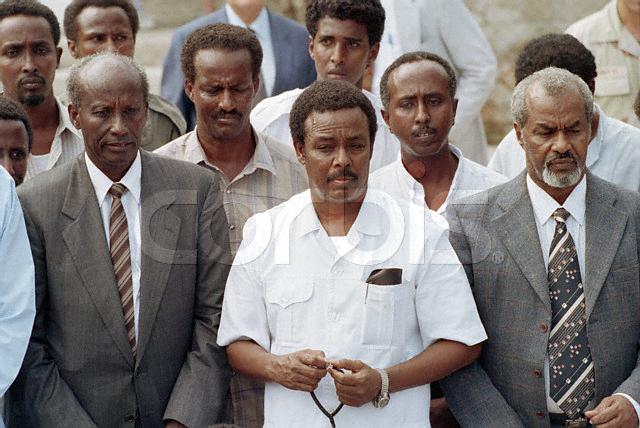
|
|
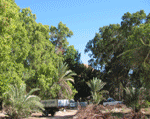 Sawirro Somaliya 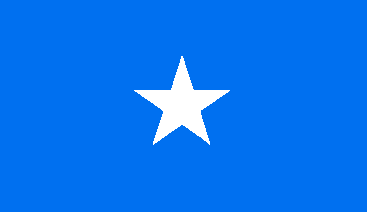 |
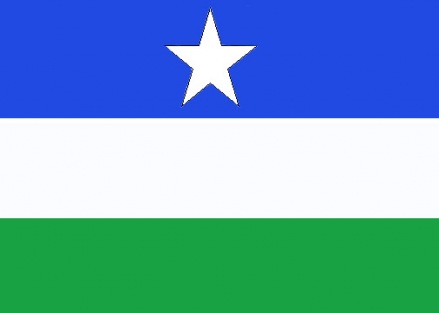
|
GOVERNANCE
The Scourge and Hope of Somalia A New Book By Ismail Ali Ismail 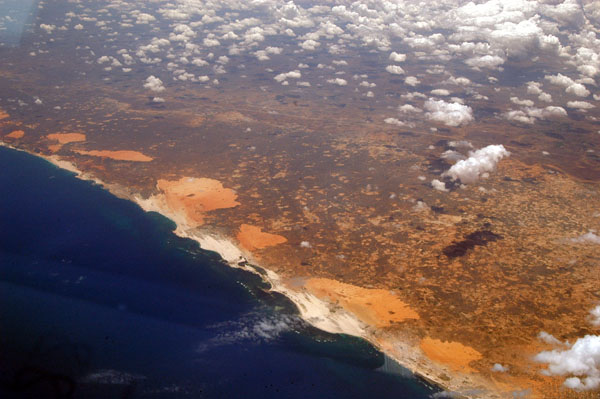 Which Way to the Sea, Please? By Nuraddin Farah Dhulkii Burcad-Badeedda .jpg) Budhcad Badeed Weli Qiil ma Leeyahay? 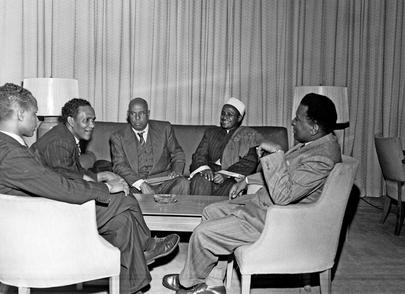 SYL LETTERS By A S Faamo |
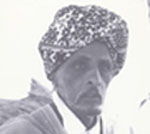 |
 |
© Copyright BiyoKulule Online All rights reserved�
Contact us [email protected] or [email protected] |

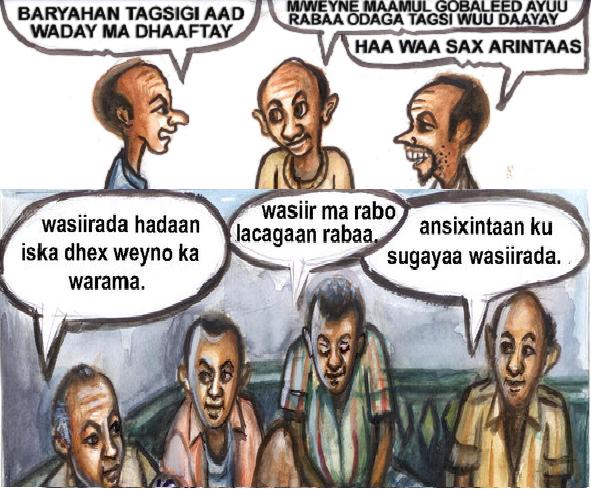
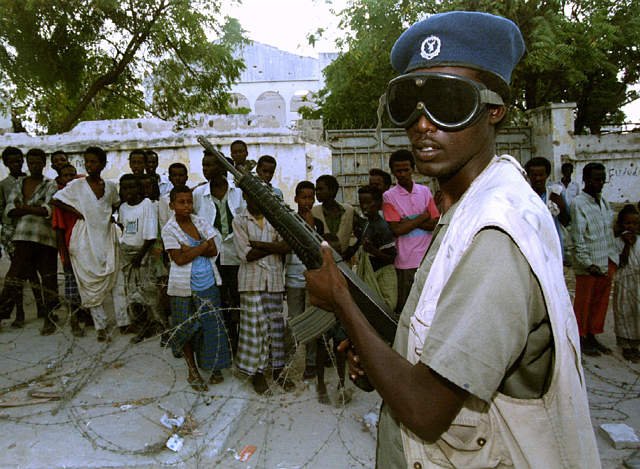


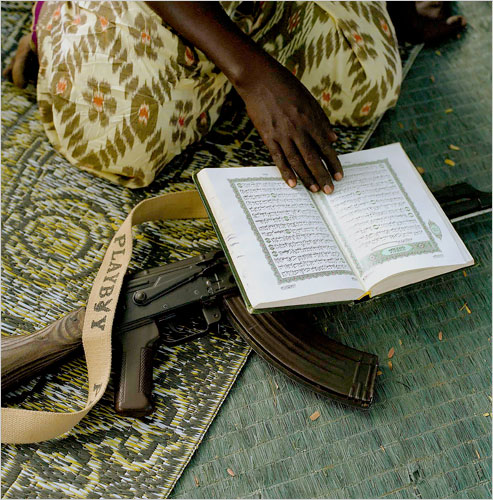

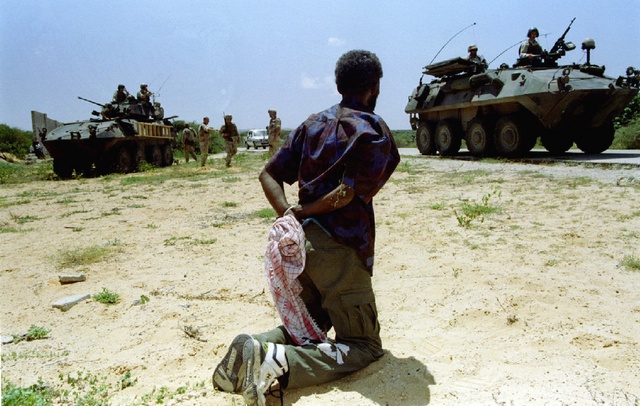
.jpg)


